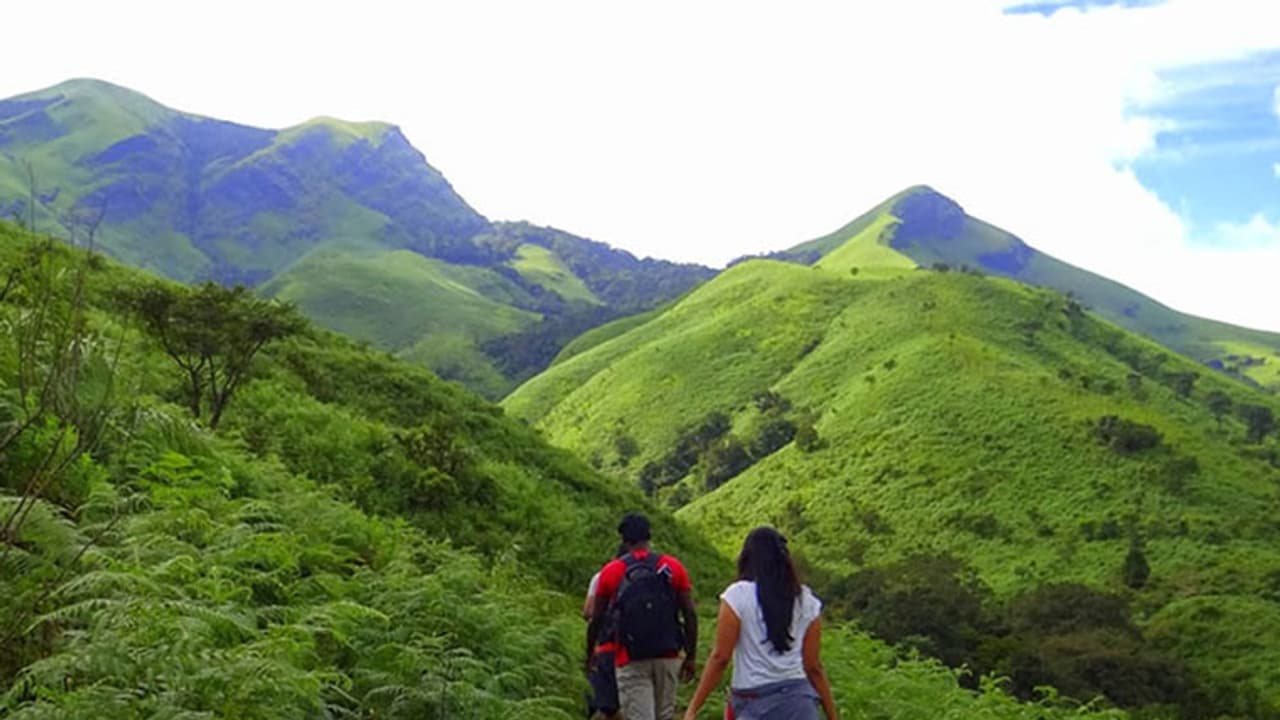On Nov 30, 2018, the Kerala high court ruled that gender-based restrictions cannot be imposed, and therefore lifted the unofficial ban on entry of women to the Agastya Mala.
Thiruvananthapuram: Just after the Supreme Court allowed women of all age to enter Sabarimala, another male bastion in Kerala is set to crumble.
The Forest Department has agreed to abide by the Kerala high court order and lifted the unofficial ban on preventing women from trekking Agasthyarkoodam. This peak is also the second highest peak in the state, standing at 1,868 metres in the Neyyar Wildlife Sanctuary, Thiruvananthapuram.
According to reports, the forest officials said that several women had already registered online with the department for permission to trek to the mountaintop. The online bookings began on Saturday for the January-March hiking season.
In 2015, the women’s support group noticed that the forest officials had advertised a notice which said that women and children below the age of 14 were prohibited from making this two-day trek. The trek includes an overnight stay in a Spartan base camp joining the forest stream at Athiramala.
On Nov 30, 2018, the Kerala high court ruled that gender-based restrictions cannot be imposed, prompting the lift of the unofficial ban on entry of women to the Agastya Mala.
"In case of permission being granted for trekking in the year 2019, it has been made clear that restrictions shall not be imposed only on the grounds of the gender of the trekker," said Justice Anu Sivaraman, while disposing of two petitions concerning the Agastya Mala.
Every year, forest officials allow a limited supervised trek to the peak for registered persons. Though the guidelines of the department specifically allowed women who were physically fit and above the age of 14 years to participate in the trek, there was opposition from the Kani who claimed that it interfered with their traditional rights of worship of the idol Agastya Muni.
As the department restricted the entry of women beyond Athiramala, so as to not disturb the sentiments of the Kani tribe, it was challenged by two organisations namely, Anweshi and Women Integration and Growth through Sports (WINGS).
They quarrelled that the claims of Kani tribe as traditional forest residents are not crystallised rights, as the conditions in Forests Rights Act 2006 were not fulfilled.
Nonetheless, the members of the tribe claimed that they have been worshipping the idol of Agastya Muni as their tradition in the hill and that it was routine for women not to go near the idol.
